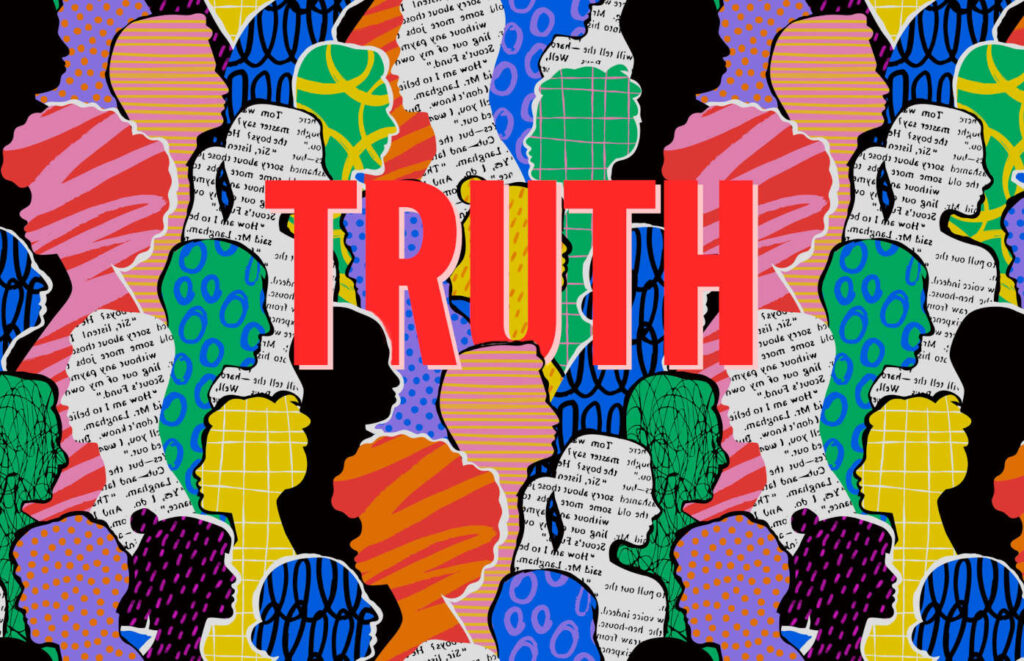New WHO-UN Guidance: an international blueprint for mental health
In October 2023, a ground-breaking set of guidance was published by the World Health Organisation and the Office of the High Commissioner for Human Rights.
We believe this marks a huge opportunity to do things differently, including in Wales. Here’s why.

An international blueprint for a holistic, evidence-based mental health system and beyond
... must therefore take a new direction away from the narrow traditional ‘biomedical paradigm’ that has contributed to coercive and confined environments in mental health services — World Health Organisation / Office of the High Commissioner for Human Rights: Mental health, human rights and legislation: guidance and practice
In October 2023, on World Mental Health Day, a ground-breaking set of guidance was published by the World Health Organisation and the Office of the High Commissioner for Human Rights. This report offers a blueprint and framework for policymakers across the world – and represents a real opportunity to do things differently in Wales.
We know that there is hope – now we have a way forward backed by international evidence from leading experts.
The key themes
There are clear themes that decision makers should be aware of and understand.
- We need to understand the wider conditions that contribute to our mental health.
- We need a rights-based mental health system.
- We need there to be informed choice throughout the system.
- We need to reduce restrictive practice
We need to understand the wider conditions that determine our mental health
The WHO and UN are clear that mental health is shaped by our circumstances, and that biology is far less important than many have assumed for decades.
Instead, poverty, discrimination, trauma and inequality are the leading drivers of mental health problems. Our UK and Welsh mental health systems work through the use of diagnosis, and often through a medicalised response which can reinforce a narrow and simplistic narrative that we are born with mental illnesses.
We need a rights-based mental health system
All too often, the medicalised understanding of mental health can get in the way of real change for people. The guidance from the UN and WHO positions mental health as “psychosocial disability” and makes it clear that a social model of understanding mental health should be adopted.
Mental health systems across the world remain rooted in the idea that there is something “wrong” with someone who has been given a diagnosis. This can lead to an assumption that someone needs to be “fixed” or “corrected”, rather than meeting their needs.
This means that a system has developed which does not encourage the promotion of rights within mental health service. The thinking around how we work in this area is still rooted in outdated approaches not based on evidence.
We need there to be informed choice throughout
The Convention on the Rights of Persons with Disabilities (2008) protects the rights of people with a disability to make informed choices about their health. Often however, those same informed
choices are not made available to people who have been given a mental health diagnosis.
This can be seen throughout the mental health system, but there are key areas where there is a lack of informed choice. In particular, the prescription of antidepressant medication is an area of concern.
Over 80% of the public still understand depression as caused by a “chemical imbalance”, and this oversimplified [1], disproven [2] explanation is often used to explain how antidepressants work. Without this myth being challenged, people are not making truly informed choices.
We need to reduce restrictive practice
Restrictive practice removes people’s rights, which can put people’s lives unnecessarily at risk. Mental health services do difficult work and make life-or-death decisions every day, but we also
hear people’s experiences about how restrictive practice can be harmful and put people’s lives, and the professionals that support them, at risk.
This is harmful and traumatising, and does not create the conditions for healing, recovery and the relationships people need to recover from mental ill health. It risks perpetuating injustice in
the system as well, with consistent evidence that specific groups, such as Black men, are more likely to have restrictive practice used against them.
But it doesn’t have to be this way.
We need a system that focuses on doing things with people. That means giving people agency, choice, and control over their own lives as a default response.
What questions can we consider when looking at our policy approaches or our legislation for mental health in Wales?
The subject of mental health policy is huge, and we cannot offer an exhaustive series of questions, but there are some key starter questions for policymakers and decision makers to consider:
- How can we ensure that we do not restrict services to people who have been given a diagnosis, or who take specific medication?
- How can ensure accountability around the use of harmful restrictive practices in Wales?
- How do we ensure that people across Wales have access to up-to-date information on the side-effects of anti-depressant medication?
- How do we challenge the incorrect information that depression is based on a chemical imbalance?
- How do we ensure the impact of poverty on our mental health is more widely understood?
- How do we move forward from the oversimplified narrative that one in four of us will experience a mental health problem?
- How do we challenge the inequality in the use of flawed diagnoses, such as the significant overdiagnosis of EUPD/BPD amongst women?
Next steps
Download this briefing as a PDF to share with others
You can access the WHO/UN Guidance here: who.int/publications/i/item/9789240080737
You can access the Platfform Manifesto, which aligns closely with that Guidance, here: platfform.org/manifesto
You can contact Platfform with any questions about this briefing: campaigns@platfform.org
References
[1] Royal College of Psychiatrists, 2019 (ps04_19—antidepressants-and-depression.pdf (rcpsych.ac.uk))

